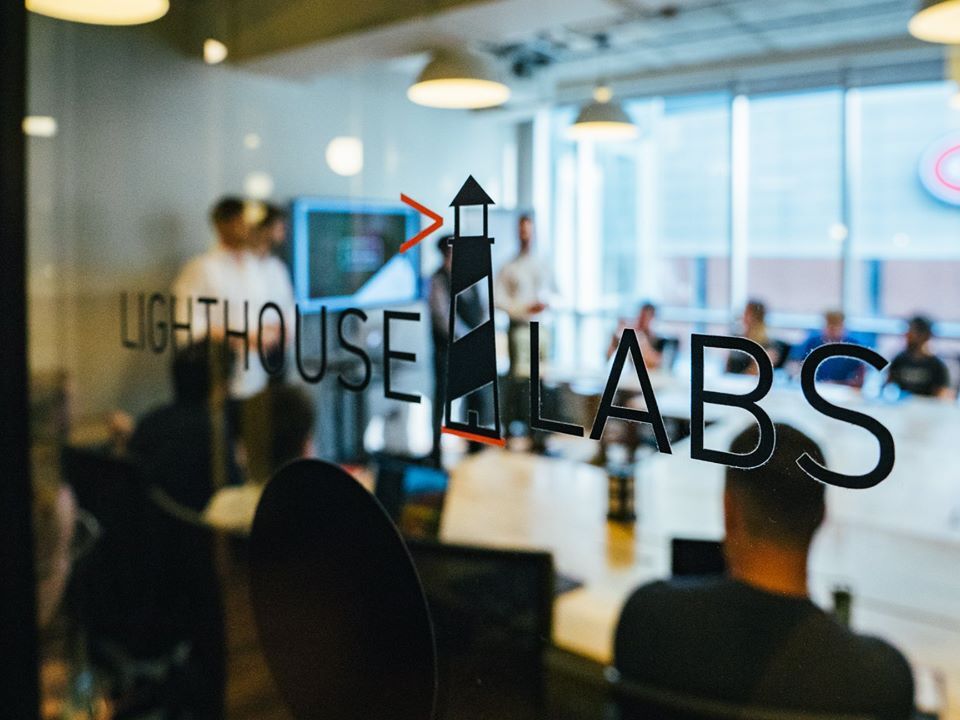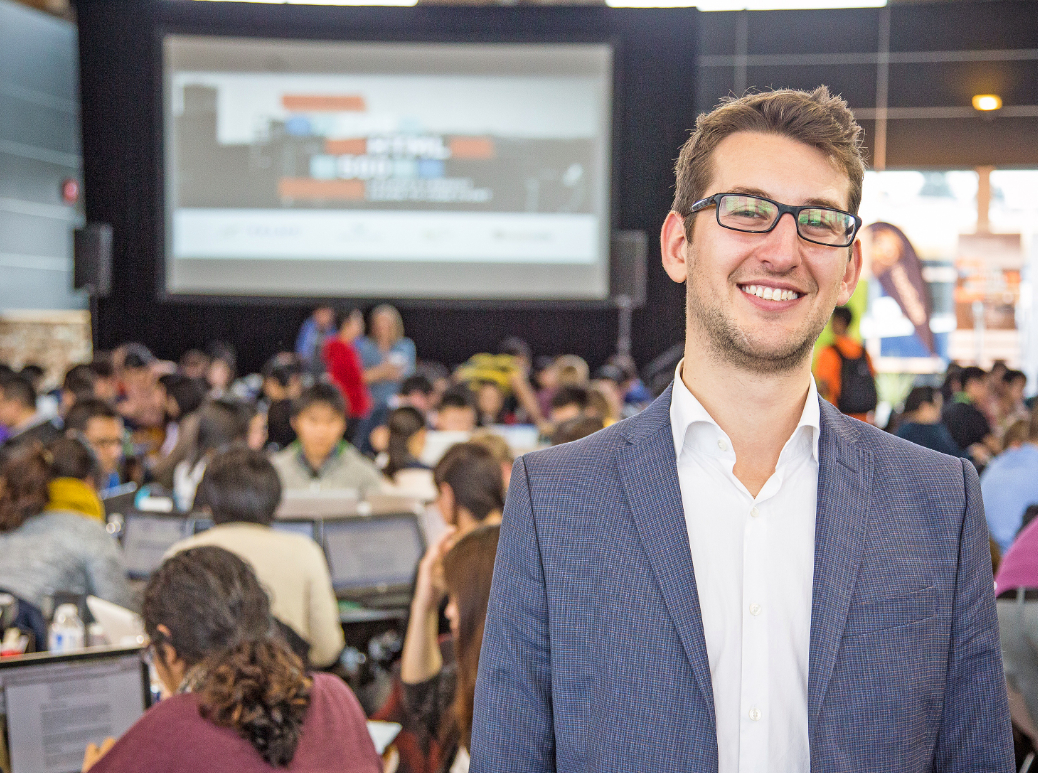[vc_row][vc_column][vc_column_text]The COVID-19 pandemic taught the workforce many things, chief among them, was the need to be adaptable and the willingness to learn new things. For Lighthouse Labs, continuous learning has been a priority since its inception.
Founded in 2013, Lighthouse Labs was created to train the future of software developers. Made “by a group of developers, for developers,” according to Co-Founder and CEO, Jeremy Shaki, the company specializes in teaching and preparing people to enter the developer workforce with confidence.
Despite its educational purpose, Lighthouse Labs is not meant to be an alternative to higher education. Rather the bootcamps aim to provide effective and efficient adult education—something that was missing in the market, says Shaki.
“I really think that the number one skill that people need to gain is a growth mindset because we can’t shy away from the fact that learning regularly is going to be part of our lives. It’s necessary.”
Considering that one in 10 Canadians lost their job in 2020, there has never been a better time to learn new skills. Especially since, despite the overall job loss, tech jobs remain in high demand. Bootcamps like Lighthouse Labs could be the solution for Canadians looking to switch careers without committing years to school. It also serves as a way for those already in the developer space to continue to gain skills, since the tech world itself is always changing.
Created with full-time and part-time bootcamps, and an application process to ensure that oncoming students are best set to succeed, Lighthouse Labs has helped over one-thousand graduates enter careers as professional developers. Among those graduates are people from all walks of professional life, including a previous landscaper turned lead developer (one of Shaki’s favourite success stories!).
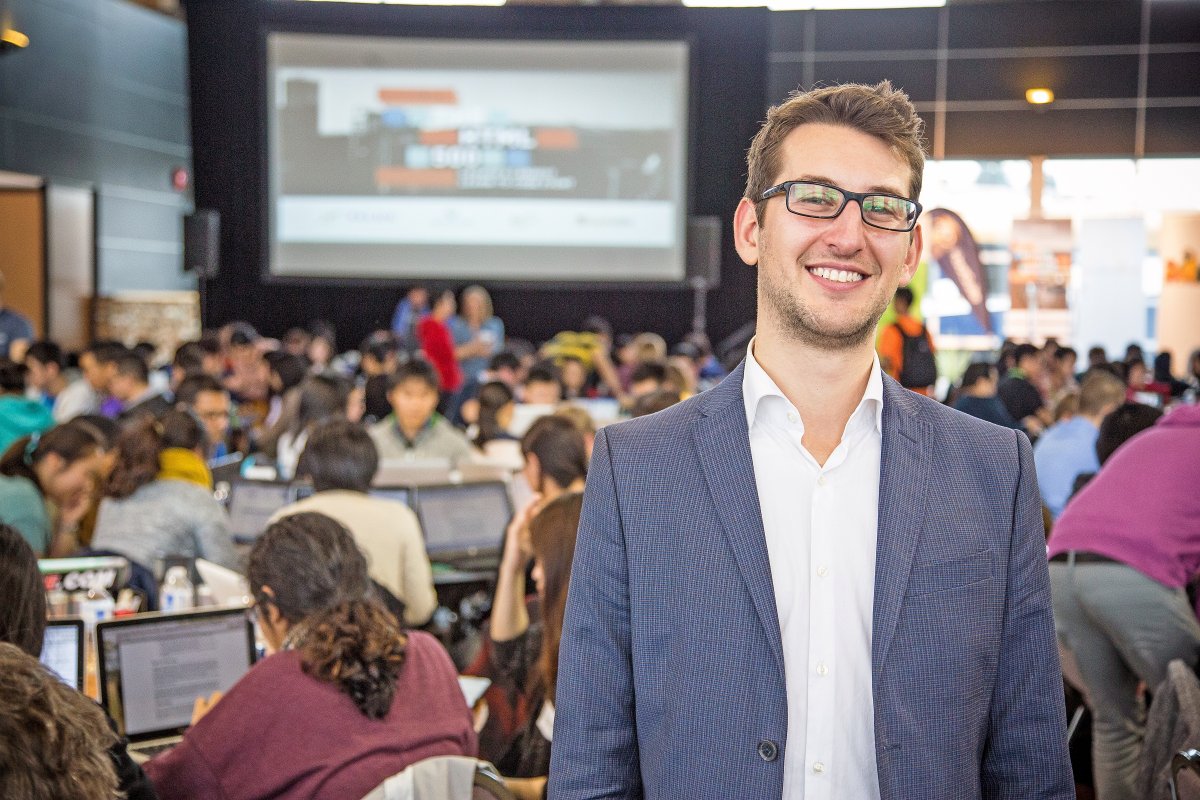

While learning how to be a developer and the opportunities it can present is exciting, it can also be intimidating. For those who have an interest in the space, but fear they are not adequately prepared, Shaki says that the first step to getting good at anything is accepting that you might not be so great at the start.
“There’s no such thing as not being a math person or not being a computer person or not being a technology person,” said Shaki. “We’ve all adapted to all the technology that we use, it just takes a minute to figure it out and to try things and not be good at them at first.”
For this week’s Startup Spotlight, Bay Street Bull spoke with Lighthouse Labs co-founder and CEO, Jeremy Shaki, about educating the future of developers and how a growth mindset is a necessary trait for continued success in your career.[/vc_column_text][vc_text_separator title=”Q&A” color=”custom” style=”dashed” border_width=”2″ accent_color=”#16a7e0″][vc_column_text]
How was Lighthouse Labs started?
Lighthouse Labs was created by a group of developers, for developers. Originally our mission was that we were going to create the next generation of software developers. It came from the perspective of how education and training were long and inflexible, so there wasn’t a great way for adults who wanted to get into the developer space to get into jobs. At the same time, there was a huge need and demand for developers. Two of my partners owned a development shop and they had helped create the curriculum for another bootcamp. Then, they decided that they wanted to start their own, so they brought me along. My background was as a director of marketing. I was a complete Luddite when it came to software, I called myself a muggle because I was definitely not a wizard [laughs].
From my end, I had a big passion for education. So, figuring out how to mix a good, efficient, and effective education with the ever-changing world of development felt like a really good mission. First of all, by helping people get jobs and impacting the people and the industry around us. Second of all, as lifelong learning was growing, figuring out how to build more effective and efficient education. We quickly set off with a great Vancouver tech community and rapidly learned as we went along.
Now seven years later, what kind of shift have you seen? As you’ve said, there was a demand for what Lighthouse Labs does even back then, but how has it grown or changed??
There are a few major changes that have happened along the way. The first major change was it went from us needing to prove that this kind of education method works—creating people who could not just code at entry-level, but could grow as developers—to companies absolutely accepting it and including different forms of educational training as one of the things they are looking for. One of our big moments historically was when Telus, after hiring a couple of our grads, started including “bootcamp experience” as a possible prerequisite on job descriptions. That was huge for us because it was a little bit more of a mainstream industry acceptance that Lighthouse Labs was a worthwhile and strong education.
I’d say the second shift came after about four years of running Lighthouse Labs in which we were able to poll our alumni. Our first stats were 100 percent of people getting jobs, and I think that caught everyone’s attention and attracted more and more students. But the bigger stat for us was that people started jobs at about $50,000 and three years later, they were in jobs that were paying them an average of $80,000. Also, 85 percent of the people that responded to the poll were still developers, which is a pretty fantastic stat. It qualified that this education worked for people’s careers and not just to get jobs.
Then, market acceptance opened up our opportunity to build new programs. We just launched our data science program. We’ve had iOS programs, blockchain programs and we built in up-skilling. So, for people who aren’t changing careers, but want to gain hybrid skills that they could use in their current jobs. I think that changed a lot for this company and really started broadening the way we were impacting the job market and impacting through education.
And with COVID-19?
COVID-19 has really impacted everything in a significantly different way because we were a very in-person model. Even though we were in a bunch of locations and we were set up well for online learning, we kept it in-person because we found that most of the really committed learners were coming to us for a level of support and a level of human connection while learning—something that was personalized. How are they getting what they need to move forward? As opposed to static content or stuff that’s just being fed to them.
As soon as COVID-19 happened, for our learners, our teachers, and our mentors it became necessary to do this online—and it actually made a huge impact on the kind of results that you could achieve virtually. Before, we were really concerned that people weren’t ready to commit to the kind of things they needed to commit to, to get to the results [when learning online], but that changed drastically with COVID-19. We’ve seen higher learning scores and higher satisfaction scores in our online courses than we ever did before—and I’d say we were already an exceptional experience.

It was recently released that 63,000 Canadians lost their jobs in December, which was the first decline since April. In your own words, why is now more important than ever for Canadians to be working on their tech skills, whether that be learning new skills or brushing up old ones?
I would tell you that I don’t think now is more important. I think it’s been very important for the past three years, but the evolution of what lifelong learning means is starting to become very clear to way more people.
Lighthouse Labs has always said that we do not compete with universities or higher education. Four years of very higher education helps transform people into critical thinkers and contemplators and builds their network—I think that university is fantastic. But, there’s a huge gap in the market for adult education. After university, there’s a gap in how you can do rapid education in more flexible formats and more personalized ways that help people gain the skills they need when they need them. When education takes a long time and people have to adjust their jobs, it seems like a really big burden and it’s one that doesn’t necessarily pay out all the time, because, yes, you’ll have to learn something new again—things don’t stay the same.
We say re-skilling is when you want to change careers. Upskilling is when you want to continuously gain skills for your current career. Technology upskilling is just something that, as we are online and dealing with remote jobs, will become more and more apparent. You cannot avoid being excellent at using the technology around you. It feels very daunting [to gain new skills] and our goal is to make that easier.
For those who want to do a Lighthouse Labs program, but aren’t necessarily in the development space, what would you say is the most important trait that’s needed to be successful in the program?
Well, I’d go beyond the Lighthouse Labs programs. I would say that the most important thing that anybody can do is to get rid of the intimidation. In order to do that, go and find a fun way to learn something small in this space and hit little milestones of achievement. Being able to accomplish one or two things and actually see the results of it—those “aha!” moments—is huge for what pushes you to learn more.
I think beyond that, it’s actually the idea of a growth mindset. I think it’s important to develop this concept of trying things and knowing that you won’t be good at it at the beginning, and not settling on, “I’m not good at it now. So I’ll never be good at it.”
When we started Lighthouse Labs, we went into universities and we talked with tons of students about this boot camp that we were trying to create. The number one response we heard was, “Oh, I’m not a computer person.” Yet here we are, all using computers! Our whole life is coming through this screen [during the pandemic]. I think that people need to understand that there’s no such thing as not being a math person or not being a computer person or not being a technology person. We’ve all adapted to all the technology that we use, it just takes a minute to figure it out and to try things and not be good at them at first.
You grow up thinking failure is bad, but failure really is just another stepping stone to success.
And failure without knowing how to attack that failure or that problem is really tough—that’s why Lighthouse Labs exists. We help with structure, mentors, support, reassurance, and confidence in what is otherwise a very tough and rigorous set of programs or learning. I tell people all the time, “You could do this [learn software development] for free if you put your mind to it and push forward and use forums online.” Lighthouse Labs is a structure with better on-demand support and more evaluation and assessments as to where your skills are, so we can help you move forward.
I really think that the number one skill that people need to gain is a growth mindset because we can’t shy away from the fact that learning regularly is going to be part of our lives. It’s necessary.
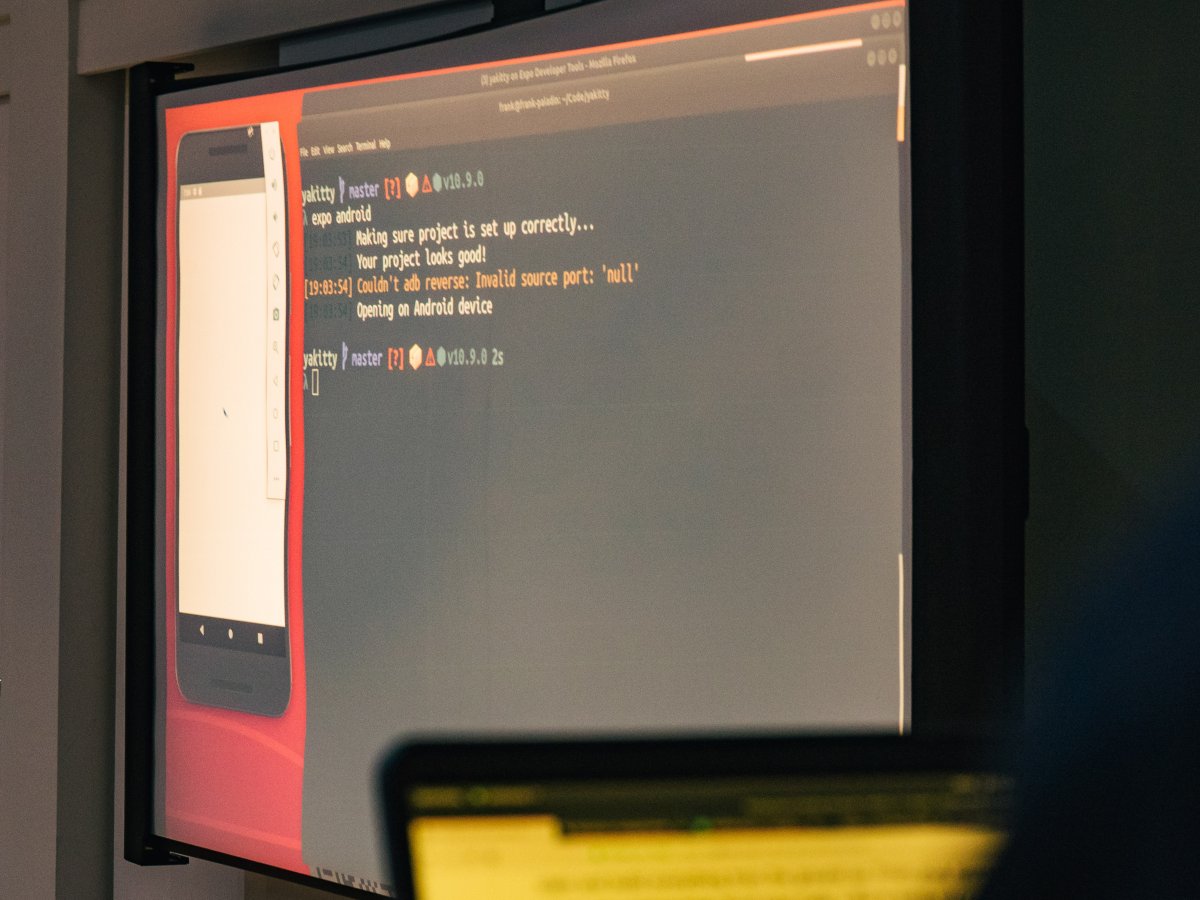

You kind of touched on it there with the support that you guys offer, but what would you say sets Lighthouse Labs apart from other bootcamps or courses that people could take?
I think it’s our ability to bring in professionals who are doing on-demand support while still holding jobs in the field and industry that they’re in. The fact that when someone needs help, they’re able to press a button and get that help from a professional developer or professional data scientist is massive. We also do evaluation assessments on the spot, so people are learning where they’re at, at the moment. I think our connectivity and collaboration, and the way that you are learning with people as you go along that sets us apart.
Also, I believe in our curriculums greatly; I think they’re really relevant. Our outcomes set us apart in terms of why people show up at our door, but our outcomes are achieved by our approach. We don’t let everybody into any program and we make sure that they’re in the right place to be successful. The way that we approach education is very personalized, very different, and is meant to help the individual get to where they want to get to, as opposed to a more generic, one-size-fits-all format.
From a founder’s standpoint, what has that been like to see the growth of Lighthouse Labs?
It’s been tremendous and humbling, but it can also be frustrating. The tremendous and humbling part is watching how many people are looking to change, how many more people come to us, and how people are so impressed with the results that most of the people who show up at our door are people who have been referred by other people who’ve gone through the program.
The frustrating part for me is that when you’re a founder of a company like this, you’re banging this drum on a regular basis and telling people how important this is. Even when talking about it in the media or talking about it with individuals, it [rapid adult education] was something that would maybe get a head nod, but I would see people struggle to really see why that [rapid adult education] was so necessary. And now, with COVID-19, you’re just seeing so many people lose jobs and go, “I want to change,” and not really know how to approach that.
I think our society needs to be a place where people know that if their industry is not as good as it was, you didn’t choose one career path and you’re not cemented to it for life. That will allow you to make more decisions that are good for you. Changing things up and trying something that you’re passionate about doesn’t mean you’re holding yourself back.
Without believing that we can change careers or adjust quickly, we believe we have to hold on to the one thing we have. And I think that’s the frustrating part because I’m a real believer in lifelong learning and I’m a real believer in people making choices that are good for them. Trying to build that [and convince other people] has been both tremendous and frustrating.
And in line with your hopes for helping people make better decisions, last year Lighthouse Labs had a pretty big contribution to Canadians with your COVID-19 scholarships. How did that idea come about?
When COVID-19 hit, we were really unsure as to what would happen. We actually had our own round of layoffs at the time, because everything just stopped, right? The first thing we thought was if we let people go, how are we helping them in any way we can? So, we offered our courses for free, if they wanted to change careers or jobs. We had a few people take us up on it, especially because it was like, “I don’t know what jobs are going to be available. I might as well use this moment and to skill up.”
The more we thought about it, the more we realized how many Canadians were potentially looking to switch careers, and how finances were going to get in the way of people actually making these decisions, because everybody was worried about money. There wasn’t a single person [at the beginning of COVID-19] that wasn’t thinking, “I just need to hold on to my income because I don’t know what it looks like if I don’t.” So on our end, we wanted to do anything we could to make it easier for people to make that decision and make the change and feel good about it.
When we think about the beginning of COVID, I think everyone forgets this, but we thought the pandemic would be two months. Our idea was to help people use the time that they have off to re-skill or gain skills and make it financially cheaper. That was the one thing we could do as a company that was worried about money: We didn’t take a million dollars and give it to people; we changed our prices to help people be able to afford our programs. By doing so, I think we helped make people feel like, “Okay, well, if I was ever to do this, this is the moment to do it and I have time to do it.”
I think that decision will go down as probably one of the top two or three moments in the history of our company that really cemented who we are as our culture and our values.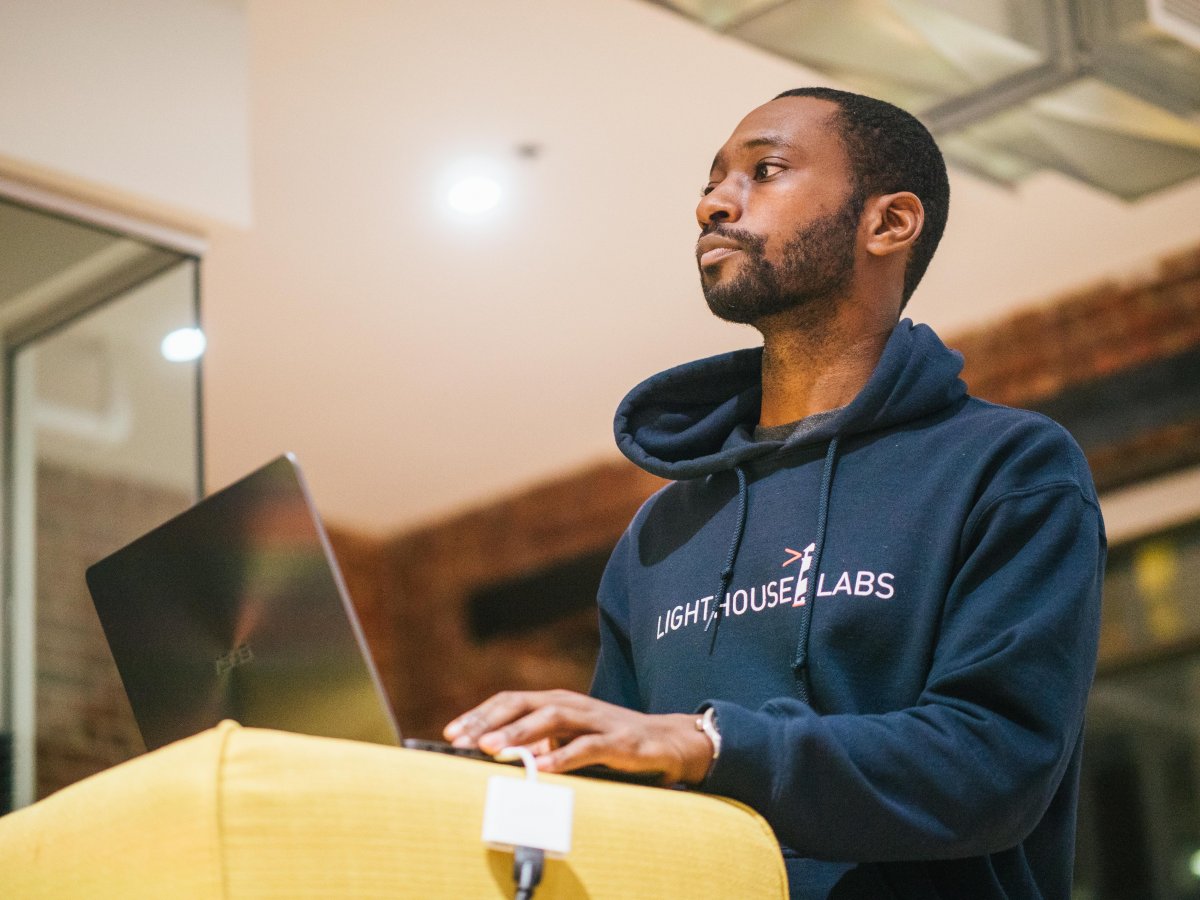

Do you have a favorite success story of a student from Lighthouse Labs?
I have a bunch of them! Really early on, a gentleman who’d been working in landscaping, total manual labor, for 15 years, wrote “I haven’t used my brain very much for the past 15 years. I really don’t know that I’m smart enough.” in his application. He finished top of his class in our bootcamp, went on to get a job and equity options in a startup that ended up selling. That was one of our very early cohorts, and he is still a senior and lead developer. I’ll never forget his story because it cemented what kind of opportunity this was for people. We only played a 20 percent part, the other 80 percent was all him. He was much smarter than he gave himself credit for, but Lighthouse Labs allowed him to see that.
Recently, we had a student who was coming from a sales background and he was really concerned about what was going on in the market and had actually signed up for a program already, but thought about not doing it because of COVID-19. I ended up having a conversation with him personally, and we talked about what his concerns were. I told him very realistically, “I don’t know what the job market is, but here’s what I do know about the skills you’re gaining.” He ended up taking the course and I got this fantastic email from him two months ago—he ended up getting a great job as a developer. He said the program itself, the online learning was better than he could have ever imagined and was so appreciative of the mentors and the people involved and that Lighthouse Labs helped make all the risks that he took worth it. It probably gave him more confidence in the next risk he would take to do better by himself. So, stories like that are really meaningful to me.
Obviously, the world is ever-changing. So, as you’ve said, we all should have that growth mindset. With your kind of industry knowledge and tech background, do you have any predictions for what jobs you think will be in demand in 2021 and beyond?
I really do think technology jobs are growing. Development, data, and cybersecurity are three areas that are going to continue growing really aggressively. In another realm: healthcare and healthcare support. What I really think it comes down to is problem-solving jobs. I think jobs that involve true problem solving, are jobs that are tremendously helpful and effective for companies in all facets.
The only other one I would throw in there, that’s been interesting and unique to watch for, is the HR space. I think if 2020 taught us anything, it was that we’ve been probably undervaluing HR professionals and all the things that they represent to business. When you deal with stuff like the major amount of layoffs, the major amount of hires, how do you deal with professional development at a time where companies are changing? How do you deal with all the social dilemmas that are going on right now? Integrating and having people with different lines of thought, collaborating, and dealing with social strife inside companies and outside of them? And dealing with grief? Most people are not qualified to deal with it. I think there’s a very quiet hero going on in the HR space, which has nothing to do with Lighthouse Labs, but in terms of predictions and jobs, I think HR is a tremendously growing space.
And with looking forward, what are your hopes for the future of Lighthouse Labs?
My hopes for Lighthouse Labs are that we get better and better at figuring out how to help people train while on the job in ways where it’s not asking them for more and more time. I think the key rule for us is that we want to help people train efficiently. There are only three things you can do in general: You can have more time for regular life, you can have more time doing work, or you can have more time where you can learn to do the work you’re doing. I don’t think companies want you to work less and I don’t think people want to live their lives less. That means that our goal should be helping people learn as quickly as possible, in a way that is as seamless as possible, so that people can have enough work-life balance. And I think that part is what Lighthouse Labs is going to do its absolute best to continue growing in. Yes, we’ll add more subjects and yes, we’ll do more partnerships, but it’s really about how we can help people train professionally more seamlessly and efficiently. That’s what I’m excited about in the future.
[/vc_column_text][vc_separator color=”custom” style=”dashed” border_width=”2″ accent_color=”#16a7e0″][/vc_column][/vc_row]
[yikes-mailchimp form=”1″ title=”1″ submit=”SUBSCRIBE”]


